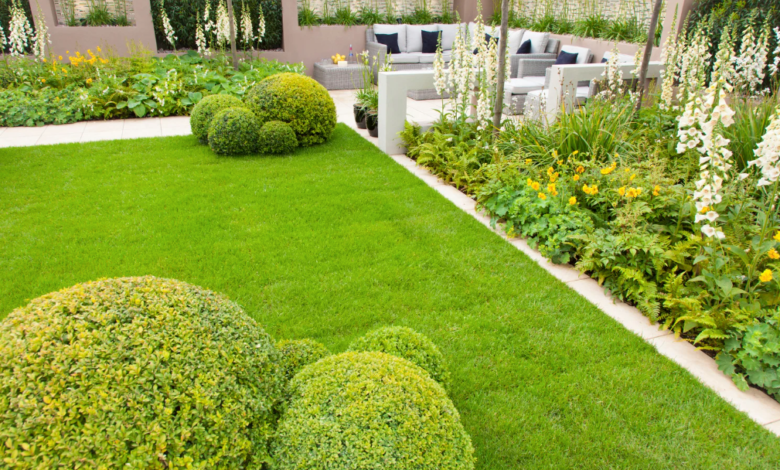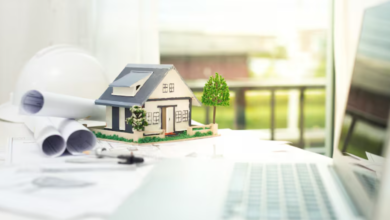Boosting Property Value: The Role of Landscaping in Competitive Markets

First impressions matter, especially in today’s real estate landscape. Whether you’re preparing to list your home or simply looking to elevate your investment, professional landscaping in Milton can make a measurable difference in how your property is perceived and priced. In competitive markets, curb appeal isn’t just cosmetic; it’s strategic. Landscaping can enhance a home’s desirability, increase market value, and shorten time on the market when done correctly.
Curb Appeal and Buyer Psychology
A neatly maintained lawn, sculpted shrubs, and a well-designed exterior create a powerful visual cue: this home is cared for. Buyers form an opinion within seconds of seeing a property, and an impressive landscape often sets the tone for what they expect inside.
This emotional impact has monetary value. Properties with high curb appeal can see a 5%–12% increase in value compared to similar homes with little or no landscaping improvements. In neighborhoods where homes are priced closely, the difference can be enough to make your property stand out or get lost in the shuffle.
Understanding the Difference: Lawn Care vs. Landscaping
It’s important to distinguish between lawn care and landscaping. While both contribute to property value, they serve different functions. Lawn care focuses on maintenance, mowing, fertilization, and weed control, while landscaping involves design elements such as hardscaping, flower beds, trees, and water features.
Knowing whether your property needs structural changes or routine maintenance begins with understanding are lawn care and landscaping the same thing. The distinction informs your investment strategy, ensuring the right improvements are made based on your goals and the market’s demands.
Avoiding Mistakes That Can Hurt Your ROI
While landscaping offers a strong return on investment, poorly executed design can have the opposite effect. Common missteps include planting species unsuited to the climate, neglecting scale and proportion, or creating maintenance-heavy features that deter potential buyers.
It’s critical to recognize common landscaping mistakes and how to avoid them, especially when working within a competitive market. Overcrowded plantings, poor drainage, and uneven lighting not only reduce visual harmony but may also signal ongoing upkeep concerns to prospective buyers.
A balanced layout with clean lines, native plants, and functional outdoor spaces creates the optimal blend of aesthetics and practicality. When professionally executed, these features can make a home feel more expansive, livable, and modern.
Tailoring Landscaping for the Local Market
In areas like Milton, landscaping isn’t just about seasonal flowers or a trimmed lawn. Buyers look for intentional design that matches regional styles and accommodates Georgia’s climate. Localized landscaping adds authenticity to the property and reduces long-term maintenance for future owners.
This is why homeowners often invest in targeted landscaping solutions, designed to suit the regional market while maximizing outdoor utility. Incorporating features like stone walkways, shade trees, or low-water plantings can resonate with buyers who prioritize both beauty and functionality.
Conclusion
In today’s fast-moving and highly visual real estate markets, landscaping isn’t just an afterthought; it’s a value-boosting asset. Well-planned outdoor spaces increase a home’s appeal, support competitive pricing, and reduce time on the market. By focusing on design strategy, avoiding common pitfalls, and choosing landscaping elements that fit the property and location, homeowners can see a significant return on their investment. Landscaping, when approached professionally, becomes not just a visual upgrade but a smart business decision.




